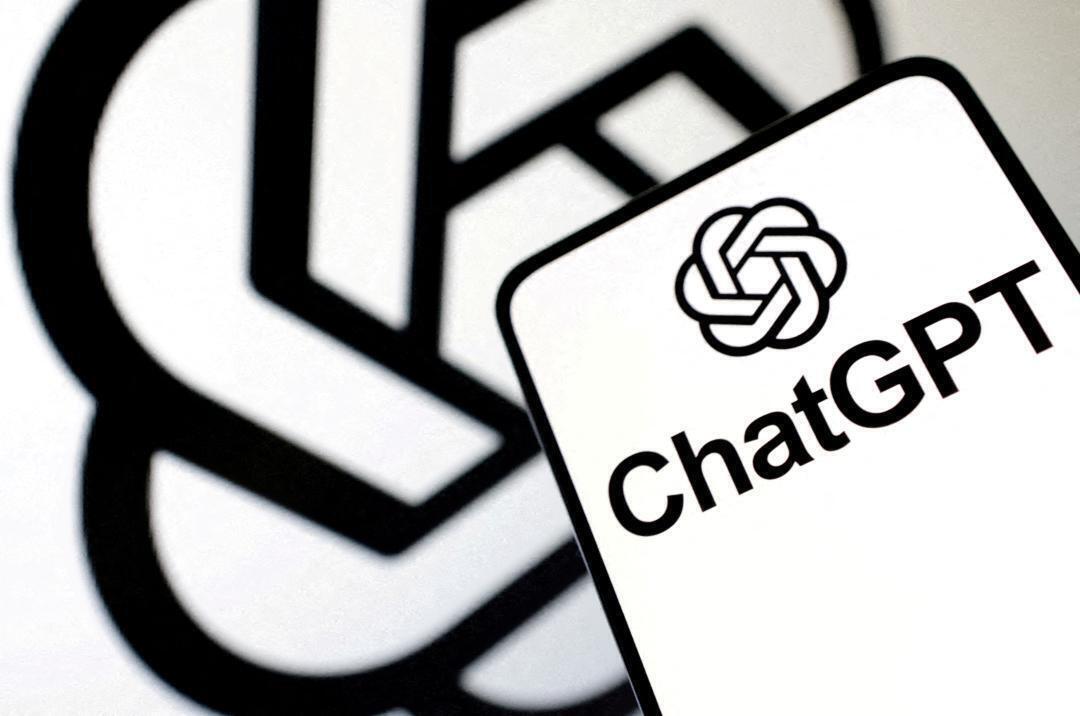
I gave ChatGPT salary details & it fixed my finances, says man
In today’s digital age, technology has made it easier for us to manage our finances, but it’s not always easy to do so. With the rise of artificial intelligence, we’re seeing new tools emerge that can help us take control of our financial lives. One such tool is ChatGPT, a conversational AI that has been making waves in the financial world. In a recent article, US-based author and entrepreneur Adrian Brambila shared his incredible story of how ChatGPT helped him with his finances.
Brambila, who has written extensively on personal finance and entrepreneurship, was struggling to manage his finances. He had tried various budgeting apps and spreadsheets, but nothing seemed to work for him. That was until he stumbled upon ChatGPT, a language model developed by Meta AI that can understand and respond to natural language inputs.
In his article, Brambila explained how he gave ChatGPT his salary details and was amazed by the results. He said, “I gave ChatGPT my salary…and it fixed my finances. No spreadsheets. No budgeting apps. No $400 financial advisor. Just 7 prompts—and total clarity over my money.”
So, what exactly is ChatGPT, and how did it help Brambila with his finances? ChatGPT is a type of AI that uses natural language processing (NLP) to understand and respond to human input. It’s designed to be conversational, meaning it can engage in back-and-forth dialogue with users, making it easy to use and understand.
In Brambila’s case, he simply asked ChatGPT to create a budget for him based on his salary. He provided ChatGPT with his income and expenses, and the AI promptly generated a budget that followed the 50/30/20 rule.
But what is the 50/30/20 rule, and why is it so effective for managing finances? The 50/30/20 rule is a simple framework for allocating one’s income. The idea is to divide your income into three categories: 50% for necessary expenses (housing, utilities, food, etc.), 30% for discretionary spending (entertainment, hobbies, etc.), and 20% for savings and debt repayment.
ChatGPT created a zero-based budget based on this rule, which meant that every dollar of Brambila’s income was accounted for. This didn’t feel like budgeting to him, as he noted in his article. Instead, it felt like a plan that was tailored specifically to his financial goals and needs.
The benefits of using ChatGPT for budgeting are numerous. For one, it’s incredibly easy to use. Simply ask ChatGPT a question, and it will respond with the answer. This means that anyone can use ChatGPT to manage their finances, regardless of their level of financial literacy.
Additionally, ChatGPT is unbiased, meaning it won’t push you to spend more or make unsustainable financial decisions. It will provide you with a clear and concise plan for managing your finances, based on your specific income and expenses.
So, how can you use ChatGPT to improve your finances? Here are a few tips:
- Ask ChatGPT to create a budget for you. Provide it with your income and expenses, and it will generate a plan based on the 50/30/20 rule.
- Use ChatGPT to track your expenses. Simply ask it to help you categorize your expenses, and it will provide you with a breakdown of where your money is going.
- Use ChatGPT to set financial goals. Ask it to help you set goals for saving, debt repayment, or other financial objectives, and it will provide you with a plan for achieving them.
In conclusion, ChatGPT is a powerful tool that can help you take control of your finances. By providing you with a clear and concise plan for managing your money, it can help you achieve your financial goals and live a more financially secure life.



